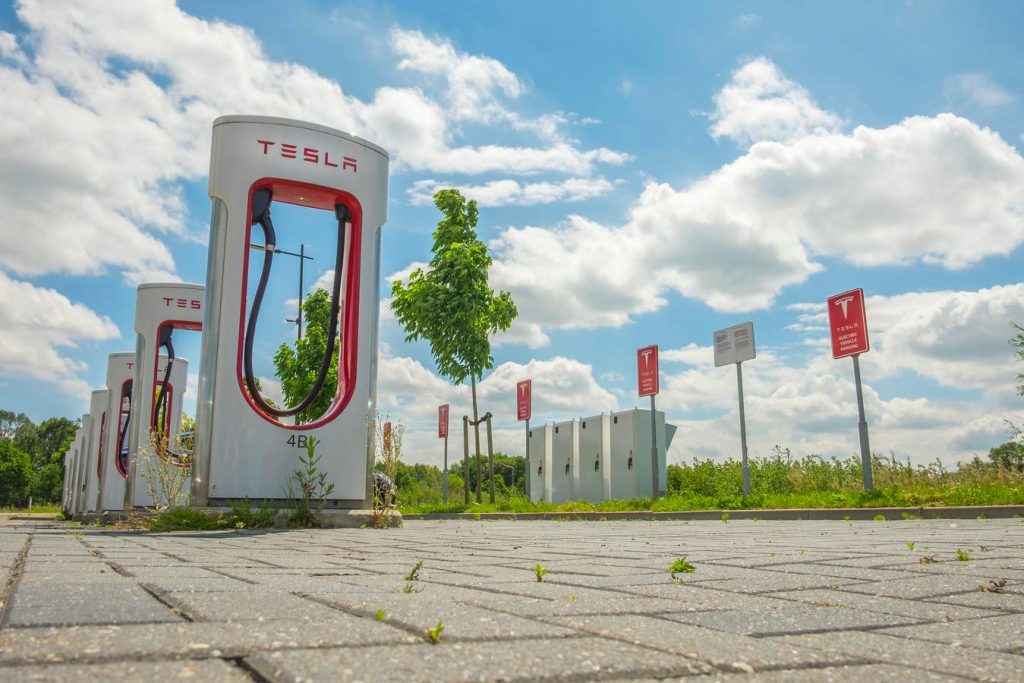Despite the Biden Administration’s push to cut carbon emissions by transitioning Americans from gasoline cars to electric vehicles (EVs), progress in EV sales has slowed down this year due to factors such as high prices, steep interest rates on loans, and tighter federal rules on battery content affecting tax credit eligibility. However, California, the top EV market in the U.S., reported record EV sales in the first quarter of 2024, comprising 38% of total U.S. sales and 24% of all new vehicles sold in the state during that period.
One major hurdle for EV adoption is the availability of public charging infrastructure, and recent news revealed that Tesla, the leading EV seller and operator of the largest charging network, unexpectedly cut hundreds of employees in its charging unit. Despite this setback, CEO Elon Musk assured that Tesla’s charger network would continue to grow, albeit at a slower pace, which could impact the broader EV market throughout the remainder of the year.
In a bid to address the global plastics problem, startup Protein Evolution has developed artificial intelligence (AI) technology to design enzymes capable of breaking down plastic waste and recycling it into a material that resembles petroleum-derived polyester. With only 9% of plastic currently being recycled, the company aims to target the remaining 91% that ends up in landfills or incinerated, by transforming textiles and other scrap materials into fully recyclable products.
Talus Renewables, founded by Hiro Iwanaga, focuses on producing green ammonia as an alternative to traditional carbon-intensive methods. Ammonia is a critical raw material used for fertilizer and industrial purposes, responsible for 2% of global carbon emissions. By leveraging tax incentives and improving efficiency through scalable modular systems powered by renewable energy, Talus Renewables aims to provide cheaper, more reliable, and sustainable access to ammonia production, benefiting farmers in Africa and the U.S.
In other news, Lukas Walton’s climate-focused investment firm S2G raised $600 million in outside funding, highlighting the growing interest in sustainability initiatives. Additionally, Tesla’s chaotic pivot towards robotaxis and the use of AI technology by startup Zanskar to unlock geothermal power are indicators of the evolving landscape of sustainable technologies and investments. With ongoing efforts to boost sustainable aviation fuel production and address methane emissions from gas flaring, the sustainability sector is poised for further growth and innovation.













